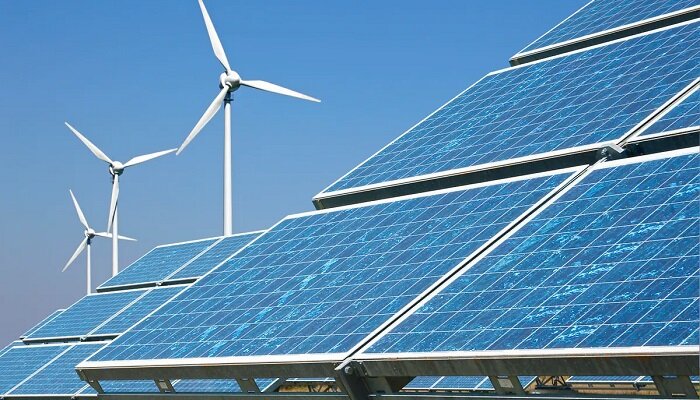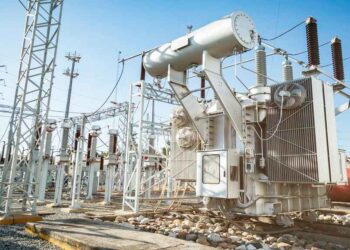Based on a report by the Potsdam Institute for Climate Impact Research, Europe has the potential to meet all of its energy needs from renewable sources starting in 2030. However, achieving this goal would require substantial investments in trillions of euros from both governments as well as private investors.
This implies that there might no longer be a requirement for importing electricity or energy resources from outside Europe for power generation.
According to the study, the process of transitioning the entire energy system, such as heating systems currently reliant on oil or gas, to renewable sources would require roughly another decade.
According to the study, the establishment of a fully self-sustainable energy industry in Europe would require an investment of €2 trillion.
To achieve this goal, it will require a yearly cost of €140 billion by 2030 and €100 billion per year in the following decade.
However, it is crucial to note that this amount is equivalent to 75% of the EU’s current annual budget. It is worth considering that a significant portion of this funding might come from private investors, as indicated by the International Monetary Fund in its latest report.
While a significant portion of the funds would be allocated towards expanding onshore wind energy, it is also vital to consider other renewable energy sources such as solar, hydrogen, as well as geothermal resources.
These additional pillars would contribute to a comprehensive and well-rounded strategy.
As per a scientific study commissioned by one of the prominent private renewables investors in Europe, an energy system solely reliant on 100% renewable sources would bring about lower energy costs for consumers and increased resilience during periods of geopolitical tensions.
Is it possible for Europe to eventually become the first climate-neutral continent?
The current renewable energy goals set by the EU aim for 42.5% of EU energy to come from renewable sources by 2030, with the goal of eventually reaching 45%.
According to the study, even though the desired goal is higher, it acknowledges that achieving it would require substantial investments in developing renewable energy infrastructure. This includes building energy storage capabilities and networks, in addition to investing in technology and skills.
According to the study, investment in the field of digital technologies is also necessary.
Artificial intelligence, for example, has the capability to assist in the planning, storage, and efficient delivery of energy to certain locations and at the precise times it is required.
The study discusses the case of the US market, where the Inflation Reduction Act, which amounts to almost $400 billion, was signed into law one year ago. This act provides significant tax breaks and subsidies for various green technologies, such as electric cars, wind farms, as well as battery production. Its objective is to promote the development of clean energy production throughout the country within the next decade.
The study reflected the industry’s criticism of European regulation, which called for expedited approval of projects to ensure that targets were met.
The report highlights the need for politicians to carry out incentives and create an environment that makes investing in renewable energies appealing to attract private funds to the market.
According to the information provided, in order to meet the projected power demand by 2030, there is a requirement for the renewable energy supply to grow by 20% annually.







































